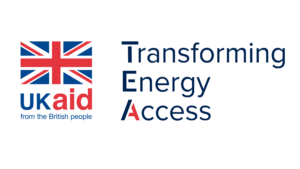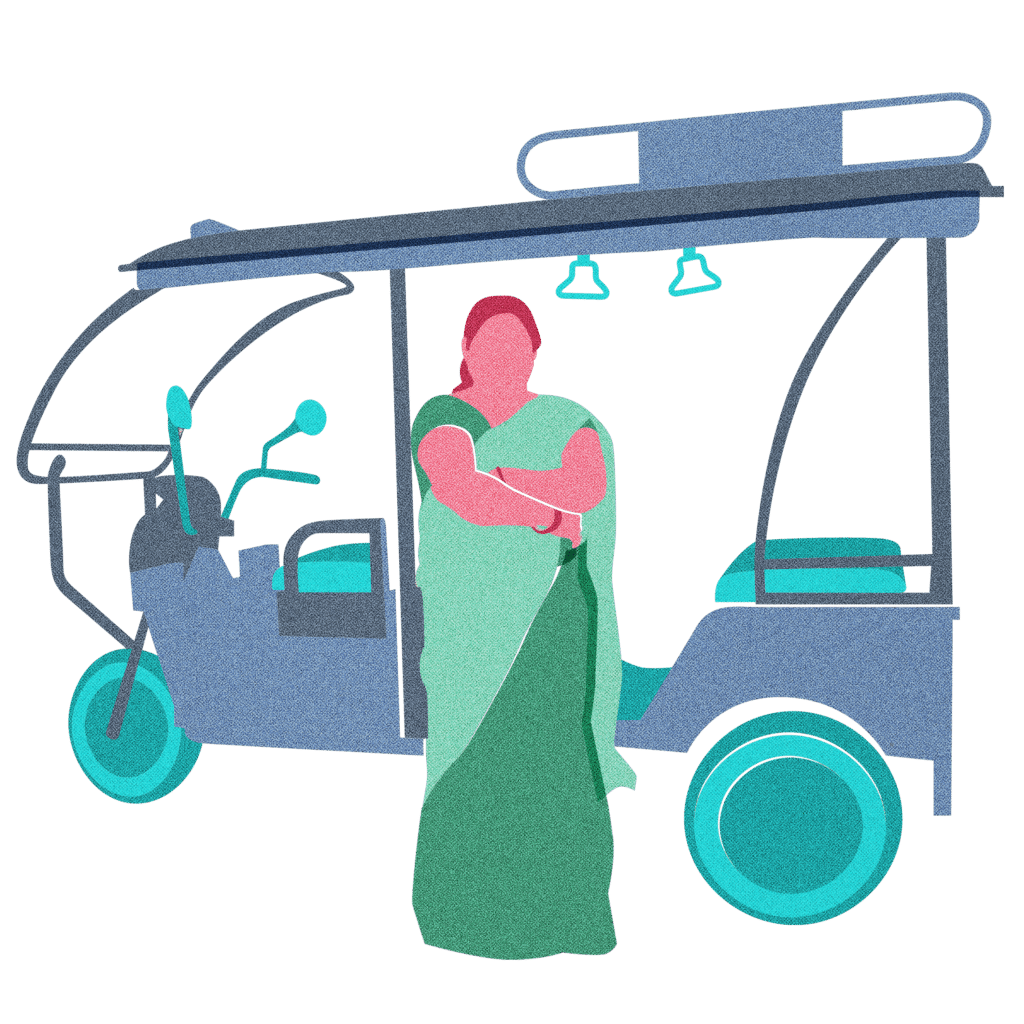How Sistema.bio creates value from waste through Carbon Markets
Biogas Technology
 The report, commissioned by Sistema and Shell Foundation with funding from the Foreign Commonwealth and Development Office’s CASEE partnership, outlines factors for high-quality, high-impact carbon emissions reduction and income-raising projects, focusing on biogas technology.
The report, commissioned by Sistema and Shell Foundation with funding from the Foreign Commonwealth and Development Office’s CASEE partnership, outlines factors for high-quality, high-impact carbon emissions reduction and income-raising projects, focusing on biogas technology.
Sistema’s biodigesters, installed on smallholder farms, turn organic waste like animal dung into clean energy and organic fertiliser.
Purpose of the Research
The research aims to scale carbon finance and channel funds to drive biogas technology into rural and low-income households, ensuring high integrity of carbon projects. Sistema, Shell Foundation and the FCDO undertook this research for it to be useful for other actors in this space, including technology providers, project developers, investors, carbon credit buyers and governments in their work to make clean cooking technologies more widely accessible.
Research Highlights
The research identifies three main characteristics of high-quality, high-impact projects:
- The project must generate value for the end user and minimise negative effects on customers and the environment. Biogas technology and Sistema’s carbon projects meet these requirements, contributing to several SDGs and creating substantial socio-economic benefits.
- The environmental and social impact must be accurately calculated and communicated to the public.
- The project needs external certification to be considered high quality and high impact.
The research also assesses four technical requirements imposed by carbon markets: additionality, permanence, robust quantification of emission reductions and removals, and avoidance of double counting.
Risks and Mitigation
The second part of the report focuses on carbon project risks and mitigation strategies. It introduces the commercial structure employed by Sistema, explaining how carbon finance is channelled to farmers and how risks are mitigated.
The analysis shows that Sistema absorbs a lot of risk for investors and shields farmers from project-related risks by providing full carbon revenues upfront via the digester subsidy. Remaining risks for investors and carbon credit buyers are volumetric, as delays in implementation or adoption of digesters result in fewer carbon credits.
Scaling of Carbon Markets
Shell Foundation believes that working with partners like Sistema presents an opportunity for carbon markets to play a critical role in reducing emissions and increasing incomes for millions of customers. Continued efforts to improve the quality and trust in carbon markets’ underlying assets are essential for rapid scaling.
















